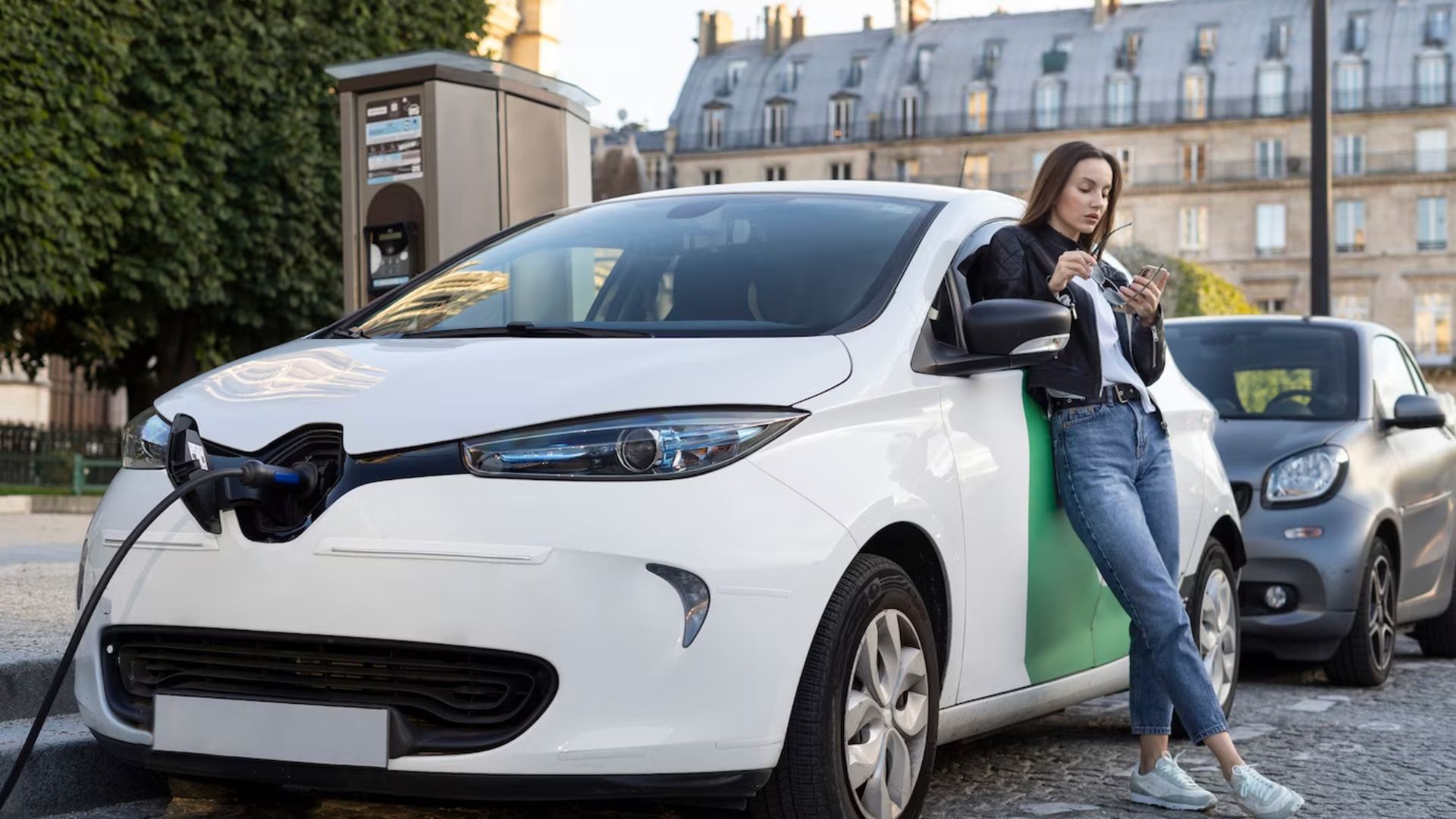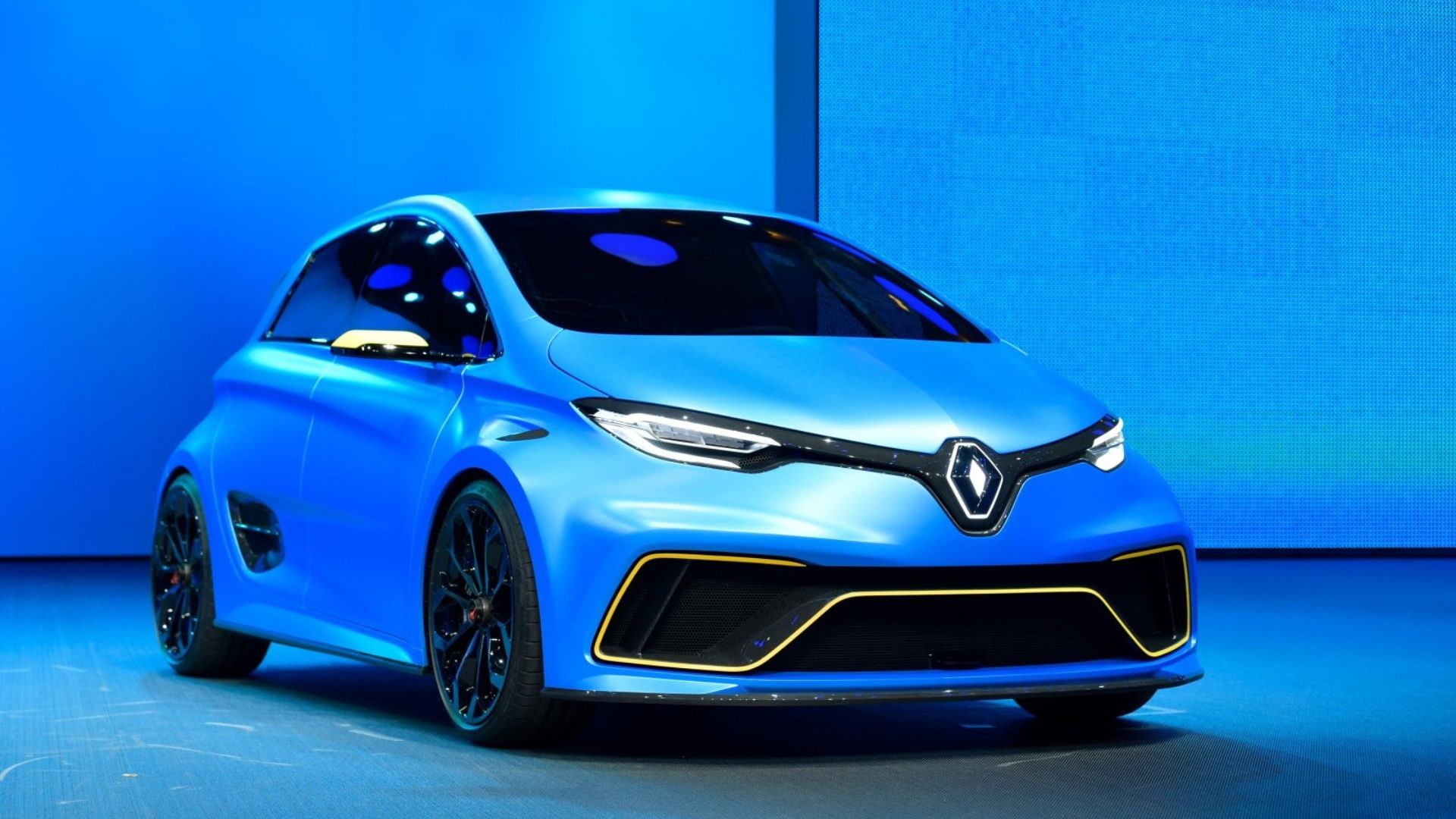|
Getting your Trinity Audio player ready…
|
Electric cars and hybrid cars have become increasingly popular choices for eco-conscious drivers. But with both claiming environmental and performance benefits, which one is right for you? The choice between electric cars (EVs) and hybrid cars remains a pivotal decision for consumers navigating the road towards sustainable and efficient transportation. This article undertakes a comparative analysis of electric cars and hybrid cars, exploring their respective features, benefits, and considerations. Let’s dive into a comparative analysis to help you decide.

The Drive towards Sustainability
Amid a profound transformation within the automotive industry, sustainability has taken center stage. The emergence of electric and hybrid cars signifies a paradigm shift toward eco-friendly transportation, offering the promise of diminished emissions and a more environmentally conscious driving experience. As concerns about climate change escalate, the spotlight on reducing the carbon footprint of vehicles intensifies. Electric cars, with their zero-emission capabilities, and hybrid cars, blending traditional and electric power, represent innovative responses to these environmental challenges. This shift towards sustainable mobility not only aligns with global efforts to combat climate change but also underscores the industry’s commitment to providing consumers with cleaner and more efficient transportation options for a greener future.
Electric Cars: Powered Solely by Electricity
Electric cars heralded as pioneers in the transition to eco-friendly transportation, operate exclusively on electric power stored in advanced high-capacity batteries. This revolutionary design liberates these vehicles from the traditional constraints of internal combustion engines and dependence on fossil fuels, marking a paradigm shift towards sustainability. One distinctive feature of electric cars is their nearly silent operation, a result of the absence of a traditional internal combustion engine. This characteristic not only enhances the driving experience by minimizing noise pollution but also aligns with the broader goal of creating a more tranquil and environmentally conscious driving environment. Moreover, electric cars boast zero tailpipe emissions, positioning them as a greener alternative to conventional vehicles. This reduction in emissions addresses environmental concerns, contributing significantly to the global effort to combat air pollution and mitigate the impact of climate change.
Zero Emissions
Electric cars produce zero tailpipe emissions, contributing significantly to reduced air pollution and mitigating the environmental impact of transportation.
Lower Operating Costs
EVs generally have fewer moving parts than traditional vehicles, resulting in lower maintenance costs. Additionally, electricity tends to be a more cost-effective fuel source compared to gasoline.
Limited Range and Charging Infrastructure
Despite advancements, electric cars often have a limited driving range per charge, and the availability of charging infrastructure can be a concern, especially in less developed regions.
Hybrid Cars: A Blend of Power Sources
Hybrid cars, on the other hand, combine traditional internal combustion engines with electric propulsion systems. This dual power source allows for greater flexibility in driving scenarios. Key characteristics of hybrid cars include:
Improved Fuel Efficiency
Hybrid cars optimize fuel efficiency by seamlessly switching between the internal combustion engine and electric power, especially during city driving and low-speed conditions.
Reduced Environmental Impact
While not emission-free, hybrids produce fewer emissions than conventional vehicles. The integration of electric power contributes to a smaller carbon footprint.
Dependency on Fuel
Hybrid cars still rely on traditional fuels, and their environmental benefits diminish during highway driving when the internal combustion engine is more actively engaged.
Comparative Analysis: Making an Informed Choice
Environmental Impact
While both electric and hybrid cars offer greener alternatives to traditional vehicles, electric cars stand out for zero-emission driving. However, the environmental impact of manufacturing batteries for EVs must be considered.
Driving Range
Electric cars often face range limitations, making them more suitable for urban commuting. Hybrid cars, with their dual power sources, provide greater driving range flexibility.
Charging Infrastructure
The availability of charging stations remains a significant factor. In this regard, hybrid cars, which do not rely solely on charging infrastructure, have an advantage, especially in areas with limited charging facilities.
Cost Considerations
The initial cost of electric cars, often influenced by battery expenses, might be higher, but their lower operational expenses and possible government incentives can level the financial playing field. On the other hand, hybrid vehicles, generally more budget-friendly at the outset, may not provide comparable long-term savings. Deciding between these options necessitates a comprehensive evaluation of individual financial considerations, including purchase incentives, maintenance costs, and the evolving landscape of government support for sustainable transportation. The balance between upfront investment and long-term savings becomes a crucial factor in steering consumers towards the most financially viable and environmentally friendly choice, contributing to the broader paradigm shift towards sustainable mobility.
Conclusion
In the pursuit of sustainable transportation, the adoption of electric and hybrid cars plays a pivotal role in mitigating the environmental footprint of conventional vehicles. The decision between these two alternatives depends on individual preferences, driving habits, and the accessibility of charging infrastructure in a given area. As technology progresses, developments in battery efficiency, the expansion of charging networks, and governmental support may redefine the dynamics of the automotive market. Whether opting for a fully electric vehicle or a hybrid model, embracing these greener mobility solutions symbolizes a shared commitment to building a more sustainable and environmentally conscious future on our roadways.
You might also be interested in:
